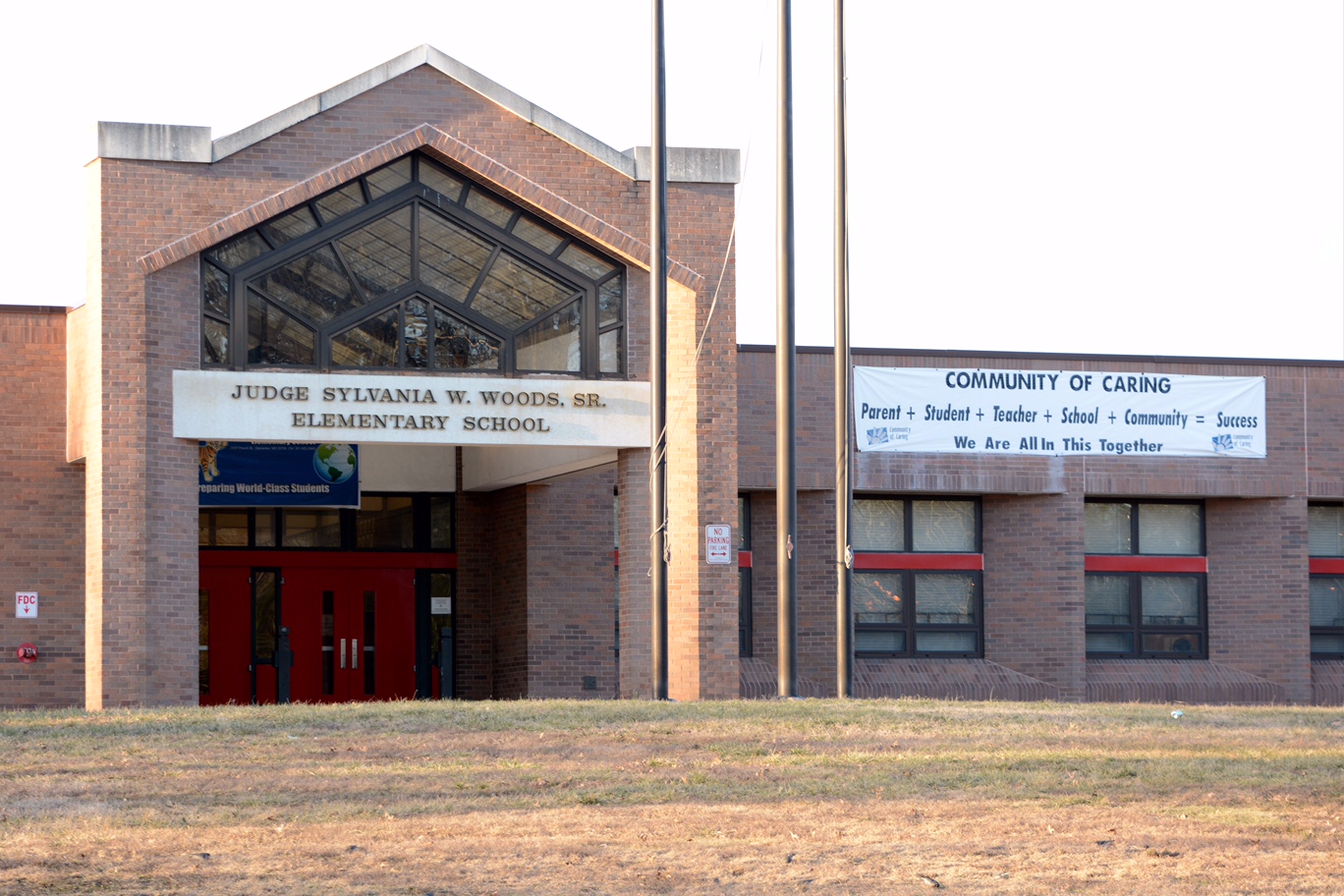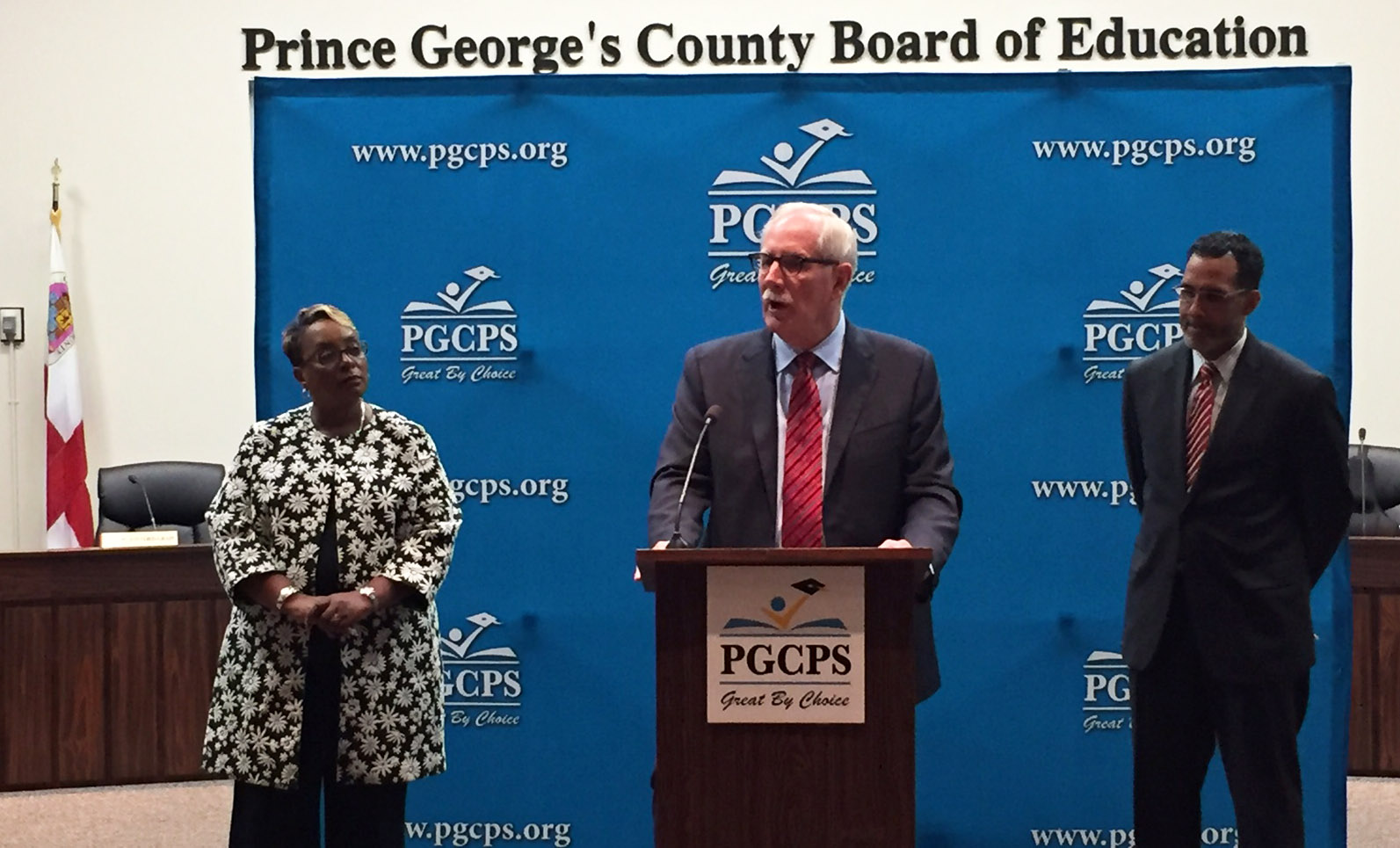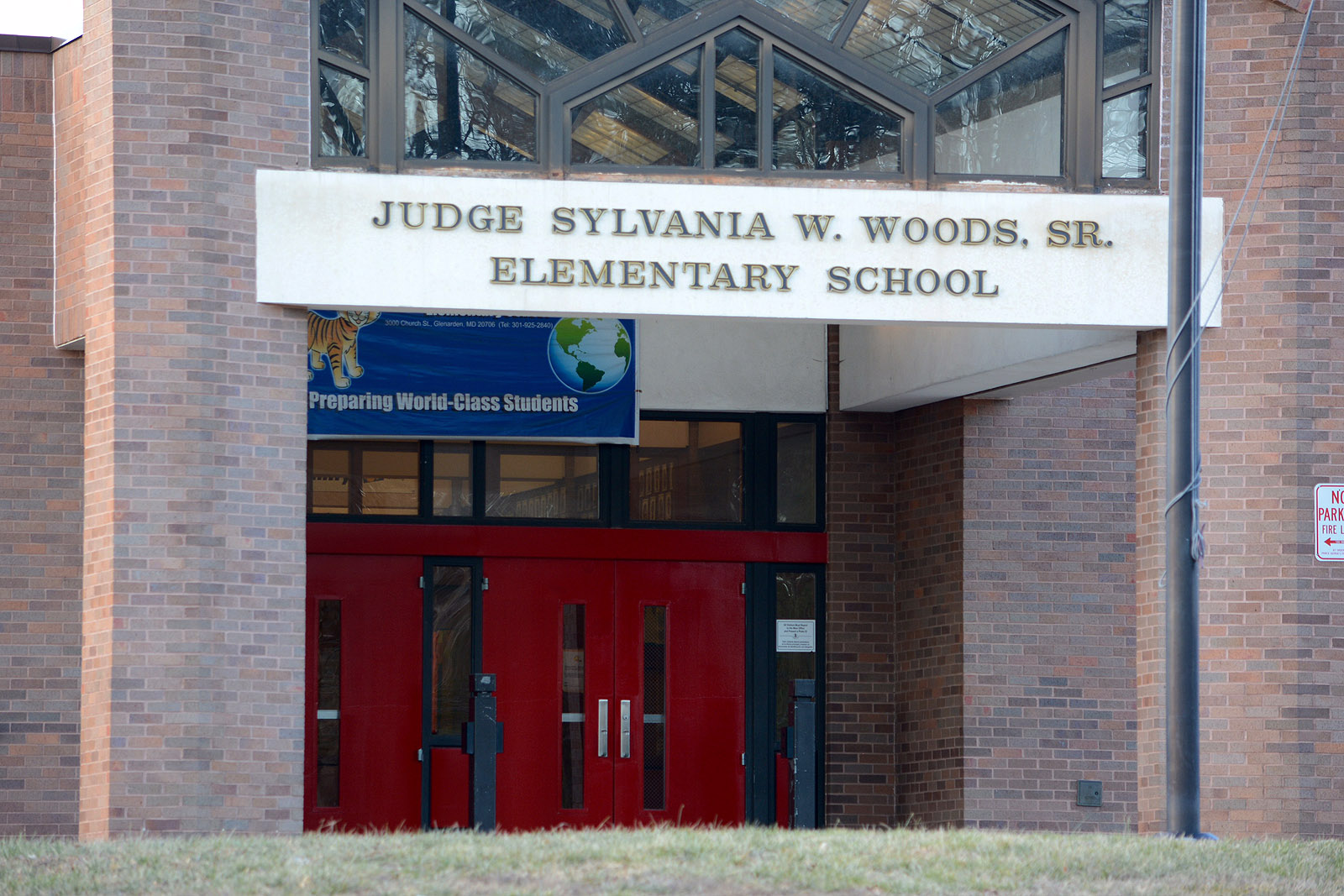WASHINGTON — At least 10 school staff members raised red flags about a school aide’s behavior — complaints ranging from disrupting class to hitting students to concerns about his inappropriate relationships with students.
Yet nothing was done to stop the behavior or investigate complaints, according to recently filed court documents that shed light on how Deonte Carraway was able to sexually abuse 23 children in less than two years.
Judge Sylvania Woods Elementary School became an “unchecked breeding ground for sexual abuse” through a lack of supervision, and a failure to intervene and report suspicions of abuse, according to a lawsuit filed on behalf of some of Carraway’s victims.
Carraway is now serving what amounts to a life sentence for child abuse and child pornography convictions.
Prince George’s County school officials said they have made changes to hiring, training and procedures since Carraway’s 2016 arrest. And the school’s former principal, who is also named in the suit, denied any wrongdoing.
Warning signs
The 72-page complaint details concerns lodged with at least one school administrator by parents, students, and teachers since Carraway joined the school’s staff in November 2014.
One staff member confronted Carraway after a student reported seeing pornography on the aide’s phone.
Others staff members met with school administrators and students after incidents involving Carraway. Several refused to let Carraway into their classrooms. At least one student was warned to stay away from Carraway, according to the documents.
As early as the fall of 2014, a teacher saw a student hit Carraway, who had been bothering the fourth-grader on the playground. The teacher and student met with an assistant principal, who said she would speak with the teacher’s aide.
That December, a fourth-grade girl told a school administrator to check Carraway’s phone. “There’s some things with kids on it, nasty things,” the student said, according to court documents.
According to the lawsuit, no one ever investigated the girl’s claim.
Other complaints lodged by students also went unheeded, the documents allege.
A student complained that Carraway, who was the student’s dedicated aide, pinched him. The learning-disabled student would later miss classes after his complaints were dismissed.
Another student was suspended after reporting that Carraway recorded boys in a bathroom.
At least two guardians made complaints to school officials. One told officials that Carraway used adult language with a second-grade boy while he walked the boy home after school.
Administrators’ solution was to have the boy and his brother leave school early to avoid walking home with Carraway.
Another child’s uncle showed Principal Michelle Williams inappropriate images of children plus messages that Carraway had sent to the 9-year-old through a messaging app. Williams told the man to return for another meeting the next day
Instead, the uncle called police, who arrested Carraway.
An email and reassignments
In a June 2015 email, Williams wrote that she met with Carraway and reminded him that he should speak with students only in full public view, according to the documents.
“This practice will ensure that actions or conversations that could be deemed inappropriate do not take place,” Williams wrote in the letter, according to the lawsuit.
In September 2015, Carraway lost his paid position as a dedicated assistant, but was allowed to continue working at the school as a volunteer, the documents state.
Carraway’s volunteer hours were eventually reduced to three days a week yet he continued to come to school five days a week. Removed from classrooms, he was assigned to work in the library and organize closets — tasks that gave him the freedom to roam the building during the school day unsupervised, the lawsuit asserts.
The lawsuit suggests that the less responsibility Carraway was given, the greater access he had to students, whom he would pull out of class so he could abuse them behind a stage in the cafeteria, in bathrooms and the in band room.
In a response to the lawsuit, Williams denied any wrongdoing or negligence. Calls to her attorney seeking comment were not returned.
Williams was removed as principal following Carraway’s arrest. She left the school system in March, according to school officials.
A task force convened in 2016 recommended change to the school system’s policies and procedures to better protect students after Carraway’s abuse came to light. Training to prevent and detect abuse is now required for staff, contractors and volunteers, for example, said school spokesman John White.
“Student safety remains a top priority for our CEO Dr. Kevin Maxwell and the Board of Education,” White said.
WTOP’s Megan Cloherty contributed to this report.








